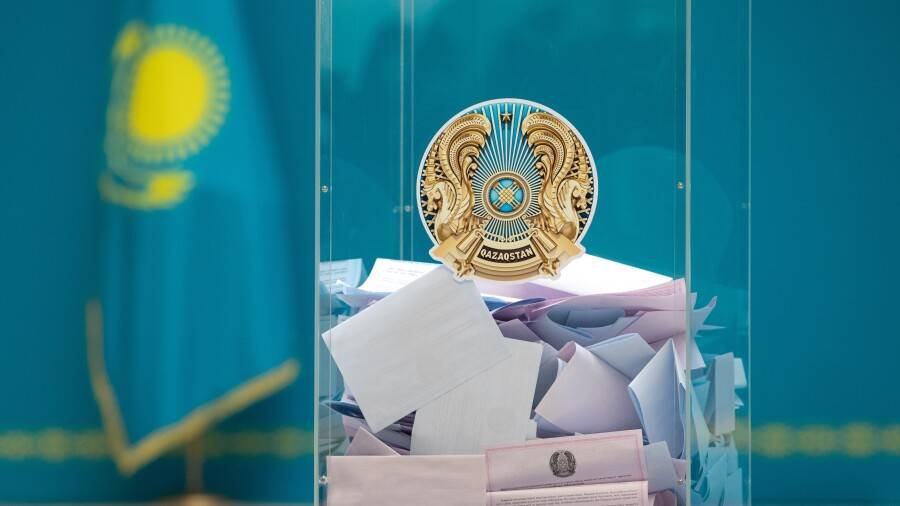ASTANA – International observers consider the recent parliamentary elections in Kazakhstan to be free and fair and in accordance with international standards, which will usher in a new era of democracy in the country.

Photo credit: informburo.kz.
Approximately 800 international observers and journalists observed the election process by visiting polling stations in 20 regions of the country. They expressed their satisfaction with the election and the polling process.
The parliamentary election was observed by representatives of various global and regional organizations and think tanks, including the Shanghai Cooperation Organization (SCO), the Organization of Turkic States, the Parliamentary Assembly of the Collective Security Treaty Organization, and the Assembly of Turkic States.
Most observers noted the transparency of the election, no irregularities or violations, as well as active and free campaign by candidates.
Grigory Logvinov, Deputy General Secretary of the SCO, said the election was free and fair and he did not have any complaints while visiting the polling stations. He noted that the parliamentary election and the constitutional reforms in Kazakhstan are a commendable process.
Said Cheh Hussaini, Deputy Secretary General of the Organization of Islamic Cooperation, said he visited many polling stations and found the voting process to be smooth. He praised the democratic process in Kazakhstan, also noting that the elections were free and fair.
After the election results, international observers emphasized that the high standard of the election is an excellent step towards democracy for Kazakhstan.
“The increased competition, particularly with self-nominated candidates, is a significant development,” said observers from the OSCE Parliamentary Assembly.
“Kazakhstan, a country that upholds the defining features of democracy, such as the rule of law, freely elected parliament, strong opposition, and representative government, might serve as an example for the region,” said Pedro Roque Oliveira, a member of the Portuguese parliament.
Kazakhstan’s political development was also praised by Daniel Robert Kawczynski, a member of the UK Parliament, who said: “I must applaud the will of the Kazakh people in working together in such a short period of time, after the fall of the Soviet Union, to create this functioning democracy.”
In line with constitutional changes implemented last year, a proportional-majoritarian model was used in the election for the first time since 2004, where 30 percent of members of the Mazhilis (lower house of parliament) are elected in single-member districts.
There were 281 party list candidates vying for 69 seats and approximately 370 single-mandate candidates (including independent and self-nominated) seeking 29 seats in the lower house.
The constitutional amendments and reforms passed last year have also granted more powers and influence to the Mazhilis and the local government. The term in office for an elected member of parliament is five years, though the MPs are not prohibited from being re-elected.
This was the ninth legislative election in Kazakhstan since its independence. It marks the final stage in the political renewal cycle in the country, which started with a presidential election last year and a Senate election earlier this year.
Six out of seven parties that participated in the election gained seats in the Mazhilis, according to the final results announced by the Central Election Commission at a March 27 meeting.
The author is Shams Abbasi, an economics correspondent from Pakistan.
